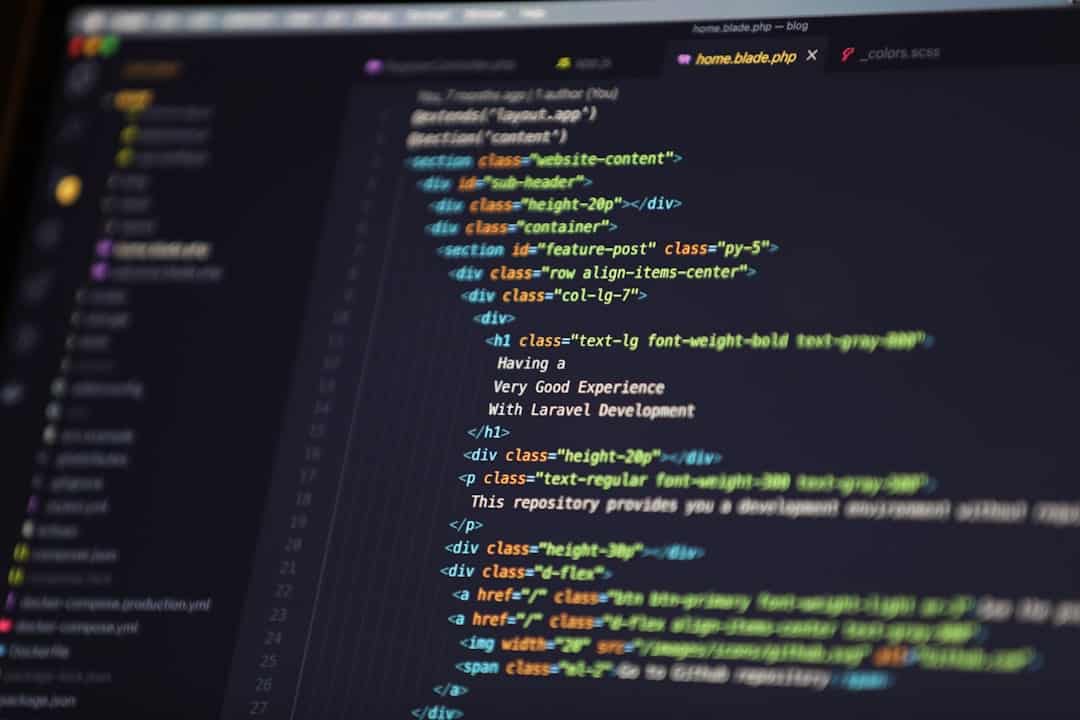Conducting accurate and insightful research is essential in today’s data-driven world, and the use of Artificial Intelligence (AI) image search is revolutionizing this process. Leveraging AI for image-based research allows users to explore visual data, identify patterns, verify content, and enhance the overall quality of their projects. Whether for academic, marketing, or journalistic research, AI-driven image search tools provide a dynamic and efficient way to gather and analyze information.
Modern AI image search systems use machine learning and deep learning algorithms to recognize objects, text, people, and even emotions within images. This technology significantly reduces the time spent in sourcing visual materials and ensures a higher level of credibility and detail in research work.
The Role of AI in Image-Based Research
AI image search platforms can scan thousands of images in seconds, using advanced pattern recognition and metadata analysis to present only the most relevant results. Unlike traditional search engines that rely heavily on image titles and alt text, AI systems examine pixels, contexts, and content relationships.
Key functionalities of AI-powered image search include:
- Reverse Image Search: Helps in locating the original source or similar visuals.
- Image Tagging and Classification: Automatically generates relevant keywords and categories.
- Visual Content Verification: Assists in verifying authenticity and eliminates misinformation.
Steps to Prepare an Accurate Research Project Using AI Image Search
- Define Your Research Objective
Start by clearly identifying what you aim to discover with your research. Whether it’s spotting trends, finding historical visuals, or verifying image authenticity, outlining your objective helps focus your AI search parameters. - Select the Right AI Image Search Tool
Various platforms such as Google Lens, Bing Visual Search, and TinEye offer different functionalities. For more advanced features, consider using tools powered by computer vision technologies like Clarifai or Amazon Rekognition. - Upload or Enter Image URL
Depending on the tool, you can either upload an image or provide a URL to begin the search. The AI will analyze the image’s contents, compare them with a vast visual database, and deliver matching or related results. - Analyze Metadata and Visual Patterns
Focus on information such as location, date, and image source. Advanced tools also display facial recognition insights, object detection, and text extraction within the image. - Validate Findings with Cross-Referencing
Confirm your data’s accuracy by comparing results from multiple AI tools. This reduces the risk of using altered or misrepresented images in your research. - Document and Cite Visual Evidence
Always record your visual findings with proper attribution. Include details like source URL, date, and platform used during the AI image search process.
Applications Across Different Fields
AI-powered image search isn’t limited to academic environments. Journalists use it to fact-check viral content, marketers employ it to understand branding trends, and historians leverage it to uncover ancient manuscripts or visual archives. The technology supports credibility and adds visual weight to professional projects.
Benefits of AI Image Search in Research
- Speed: Rapid processing of countless visual files saves significant research time.
- Accuracy: Deep learning models identify intricate details often missed by human eyes.
- Consistency: Results are filtered using consistent rules, ensuring unbiased outcomes.
- Enhanced Data Sources: Combines both textual and visual evidence for comprehensive reporting.
FAQ
Q1: What is AI image search?
AI image search uses artificial intelligence to analyze and retrieve images similar to or associated with a given visual input, often providing contextual details and metadata.
Q2: Can AI image search detect fake images?
Yes, many AI tools offer image verification features that help detect altered or misused visuals through source tracing and recognition algorithms.
Q3: How do I choose the right AI image search tool?
Consider your research needs. Use Google Lens or Bing for general use, TinEye for reverse searches, and advanced tools like Clarifai for deep learning image analysis.
Q4: Do I need technical expertise to use AI image search tools?
Most platforms are user-friendly and do not require coding knowledge. However, understanding how AI processes images can enhance your research accuracy.
Q5: Is AI image search suitable for academic research?
Absolutely. When properly cited and sourced, AI image-based data can significantly enrich academic and scholarly research projects.
- Jack Şoparov: Biography, Career Highlights, and Legacy - January 18, 2026
- Bntamnh E: Exploring the Mystery Behind the Name - January 16, 2026
- Närkes Elektriska: Powering Sweden’s Sustainable Future - January 16, 2026
